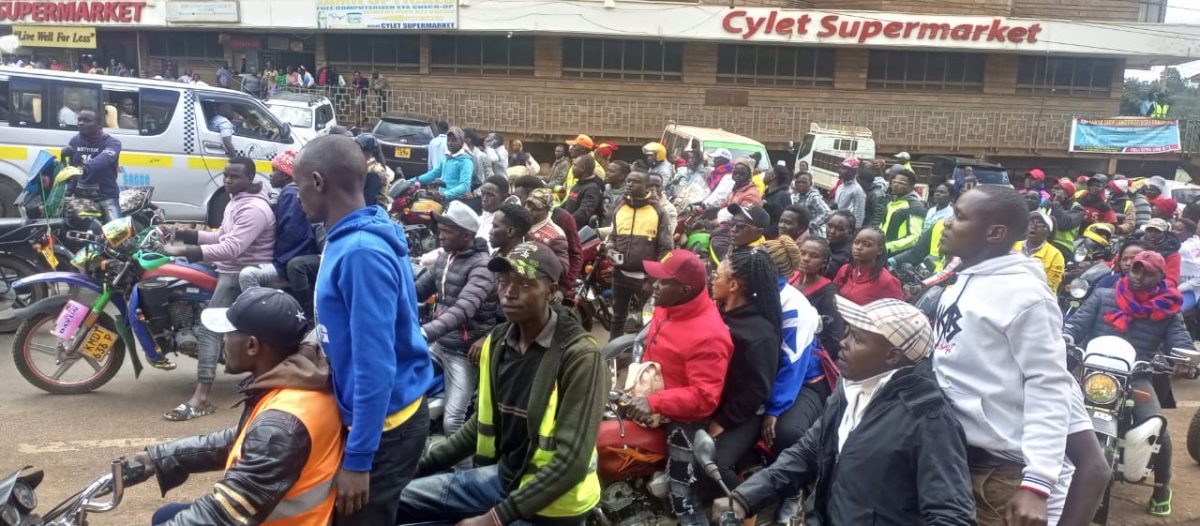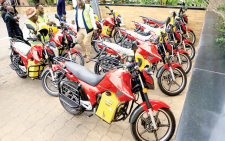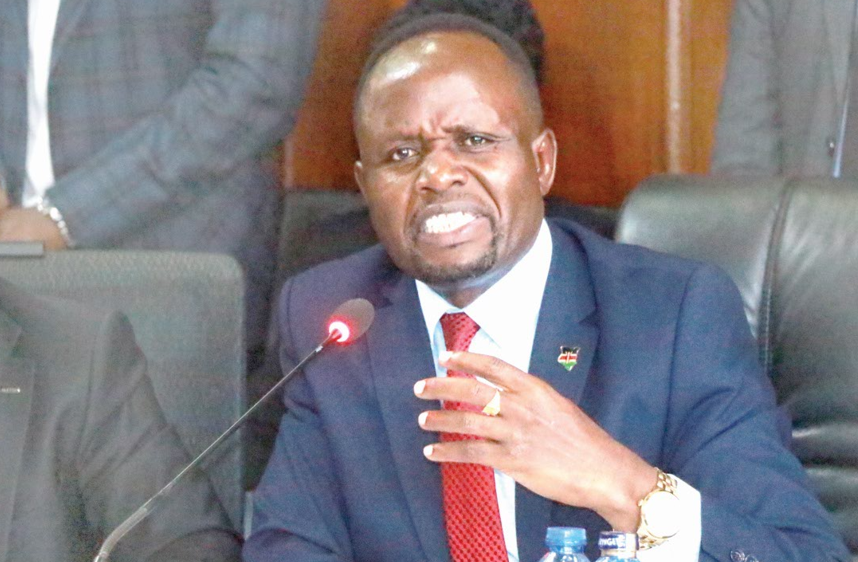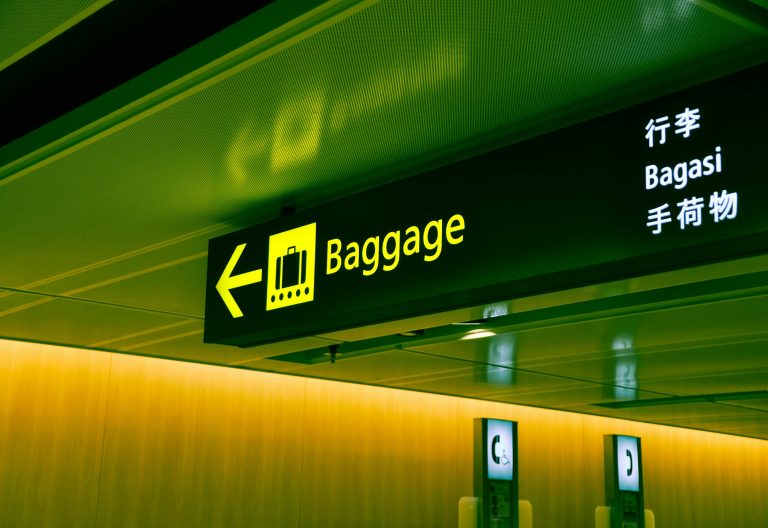Boda Boda charges to soar when new regulations set in
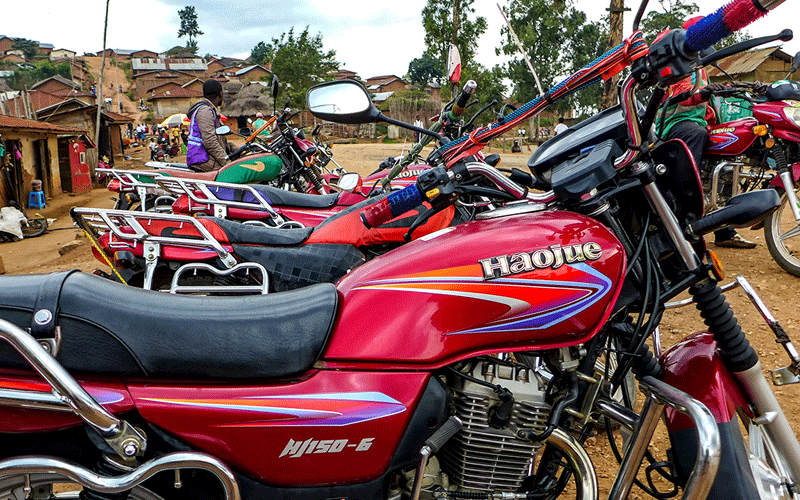
Kenyans are likely to pay more for Boda boda rides in the days to come as new rules expected to tame the industry hit the sector countrywide.
New public transport (motorcycle regulation) Bill passed by the Senate last year on December 5, to tame the “chaotic” industry will see riders take home reduced income as a result of fewer rides as county executives come in to regulate their operations.
Under the regulations, two-wheel motorcycle riders will be restricted to carry only one adult passenger at a time, provide full gear for the clients, have a certificate from the county executive, ensure that loads weighing more than 50 kgs are not carried at the same time with an adult and not parking at undesignated areas among others.
This, according to the house, is in a bid to restore sanity in the industry that has potential of limiting road accidents while at the same time boost the growth of the country through proper regulations.
The county executive committee member who in this case she be appointed by the board shall be responsible for the regulation, management, and coordination of all matters relating to the motorcycle transport sector within the county.
“Without prejudice to the generality of subsection (1), the county executive committee member shall develop policies, regulations, and guidelines on motorcycle transport and safety matters within the county; ensure compliance with the provisions of this Act and any other laws related to the transport sector within the county,” the act reads in part.
Operators will also be required to hold valid training certificates for specific motorcycle category moves that are also aimed at revving off the operations of rogue riders.
“Every owner of a motorcycle operating for commercial purposes shall not cause or permit any person to ride their motorcycle unless such person is the holder of a valid driving license or a valid provisional license endorsed in respect of that class of motorcycles and a valid employment contract,” the act highlights.
All these new stipulations which are keen on establishing a board for licensing, have been linked to strategies of wasting taxpayers’ money.
Japhet Okello, a motorcycle rider in the Nairobi Central Business District speaking to Business Hub expressed dissatisfaction on the idea terming it a “formality”
“Why should there be a board to select one person to be in charge of regulating bodas in the county? For me that doesn’t make sense. Let them make an appointment then have the systems running. They just want to eat out money,” he said.
At the same time, the raft of changes have sparked mixed reactions among operators in the industry with majority of them opposing the changes.
Lewis Kuya, a 24-year-old two-wheel motorcycle rider embraced some of the changes such as maintaining on one lane and gearing up.
“Some of the rules have always been there and personally I’m okay with them. What doesn’t add up is the idea of being under the county government. We have been operating under different stages or stations and are regulated by the NTSA. From my understanding, we will be paying for our registrations to the counties and licenses at the authority. This is not ideal,” he said.
“If they are introducing this, then they should at least increase the passenger number to at least two because how then do i make enough to pay for my rent, and other responsibilities and a single ride is just Sh100 while customers still complain about the prices. Its also hard to get clients during this time of the year.”
He also believes that these new provisions will also lead to increased accidents due to speeding because of the need to do more rides just to get enough.
“Now most of us will have to embrace digital hailing service provisions, where we can carry one person at a time and be well catered for. But the problem still remains at the registration level.”
Currently the pay a license fee of Sh 1,050 to NTSA, and station registration fee ranging between Sh3,000 and Sh 50,000. To get formal training they pay approximately Sh7000.
On his part, Ignatius Omondi a Boda Boda owner based in Homa Bay welcomed most of the implementations, saying that if well reinforced will lead to them having a better industry.
“I’m totally okay with the rules, I’m alive to the fact that we, most of the time are the ones breaking the law, but it would be better if we just had an organised industry. In fact, being regulated by the county executives is one of the best strategies because we will be under a close watch and it will also be easier to voice our concerns,” he said.
Omondi, however, is worried that these changes may not be as effective as they are intended to be, because of one factor, corruption.
“Money speaks, these changes are very timely but again the riders are still the same, some riders will break the law at any moment and get away with it because they know they will just pay some small fees to the traffic police and have their way. There is no single day that passes without a handout being issued, it is so rampant that it can be promoted to a necessity.”
“Towns, most of the time is where this factor takes place. The number of operators is high and the police cannot keep on arresting them because at the end of it all, the cells can’t hold them all. In fact, they need to decongest,” he explained.
Judging from the statements and past events seen in the country the laws are basically stipulated and acknowledged by the drafters but may not apply at the grass roost levels unless a proper sweeping and close surveillance is applied.
Compared to others countries such as Rwanda the Kenya Kwanza administration will have to apply stringent measures for the industry to record a shift.

